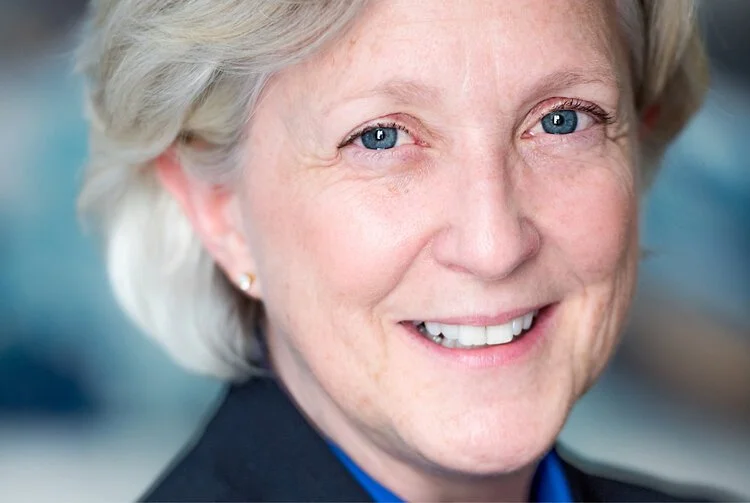Sara Horowitz
Sara Horowitz is the founder of the Freelancers Union and the Freelancers Insurance Company. Formerly chair of the board of the Federal Reserve Bank of New York, Horowitz is a recipient of the MacArthur Fellowship and has been featured on NPR and in The New York Times, The Wall Street Journal, and The Atlantic, among other publications. A lifelong mutualist, she lives in Brooklyn, New York, with her husband and daughter.
Mutualism:
A profound look at how we need to build the mutualist sector in America.
Meet the Mutualists






